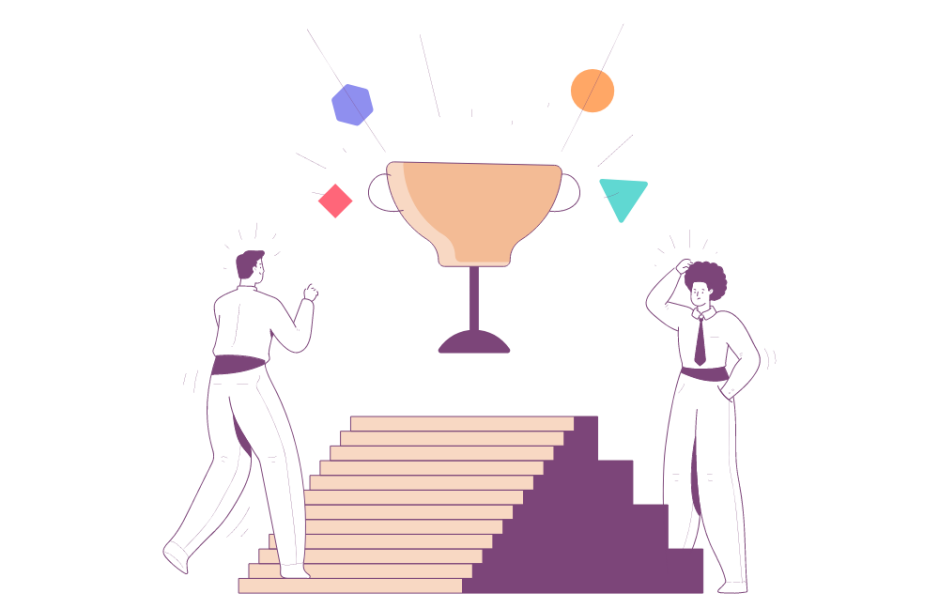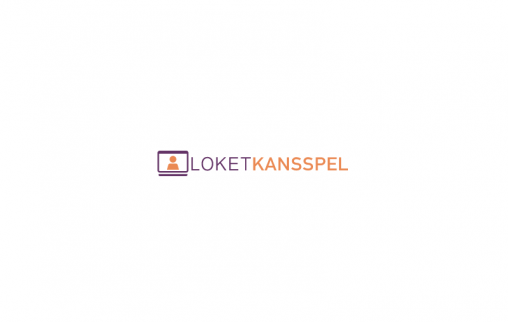
Discover different types of therapies, such as Multidimensional Family Therapy and Cognitive Behavioral Therapy.
The Different Types of Therapy Used by Institutions
Mental and emotional challenges are increasingly in the spotlight, and fortunately, there are various therapeutic approaches available. Therapy can provide the necessary support that everyone might need. In this blog, we explore different types of therapies, such as Multidimensional Family Therapy (MDFT) and Cognitive Behavioral Therapy (CogGedTh). Discover which approach may best suit you or your loved ones and how therapy can help regain control over life.
MDFT (Multidimensional Family Therapy)
MDFT is a form of therapy specifically designed for young people and their families. It addresses issues such as addiction or behavioral problems by looking at various aspects of the young person's life, including school, friends, and home.
CogGedTh (Cognitive Behavioral Therapy)
This is a widely used therapy that helps you think and act differently. If you often have negative thoughts, CogGedTh teaches you how to change those thoughts, so you feel better and develop healthier behaviors.
MGV (Motivational Interviewing)
MGV is a conversational approach that helps people become motivated to make changes in their lives, such as quitting smoking or eating healthier. The therapist helps you discover your own reasons for change and build upon them.
Systemic Therapy
This therapy focuses on relationships, such as those with family or partners. Issues are examined in the context of these relationships, and therapy aims to improve them or resolve problems.
IRB (Individual Rehabilitation Approach)
IRB helps people with mental health issues get their lives back on track. It involves setting personal goals, such as finding work or restoring social contacts, and working towards those goals with the support of a facilitator.
12 Steps (Minnesota Model)
This is a program often used in addiction treatment. It is based on 12 steps that help individuals recover from addiction by being honest with themselves, seeking help from others, and taking responsibility for their actions.
Schema Therapy
Schema therapy assists people who are stuck in unhealthy patterns in their lives. These patterns, often formed by negative past experiences, are mapped out and addressed, allowing for healthier choices.
Psychoeducation
This is a form of education where you learn more about your mental health issues or conditions. The goal is to provide insight, helping you understand what you are experiencing and how to cope with it.
ACT (Acceptance and Commitment Therapy)
ACT helps you accept your feelings rather than fighting against them. You learn how to live according to your values, even if it means enduring difficult emotions at times.
CRA (Community Reinforcement Approach)
CRA is an approach primarily used for addiction issues. It focuses on improving your life by encouraging positive changes, such as building healthy relationships and finding enjoyable activities unrelated to addiction.
EMDR (Eye Movement Desensitization and Reprocessing)
EMDR is used for individuals who have experienced something traumatic. During sessions, you think about the event while following specific eye movements, which helps make the memory less painful.
Psychotherapy
Psychotherapy is an umbrella term for various talk therapies where you discuss your problems with a therapist. The goal is to better understand and change your thoughts, feelings, and behaviors as needed.
Mindfulness
Mindfulness teaches you to live in the here and now. You become more aware of your thoughts and feelings without immediately judging them, which can help reduce stress and find more peace.
Relapse Prevention
This therapy focuses on preventing relapse into old, unhealthy habits, such as addiction or depression. You learn strategies to recognize and avoid challenging situations, helping you stay strong in your recovery.

Experience article
Podcast: `There wasn't one solution that worked, so in the end that became the solution: it's better if I'm not there anymore.`
Lees verder






